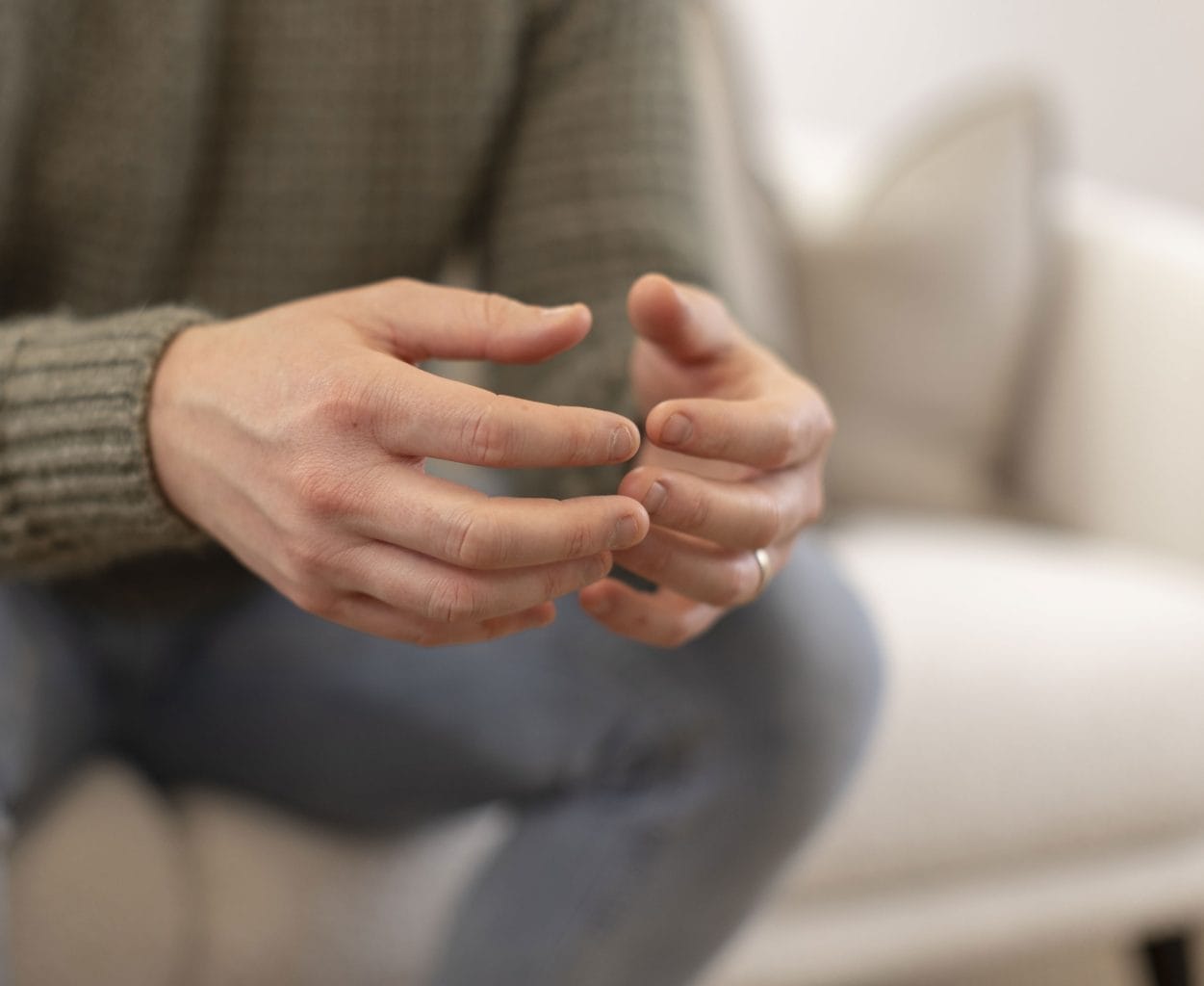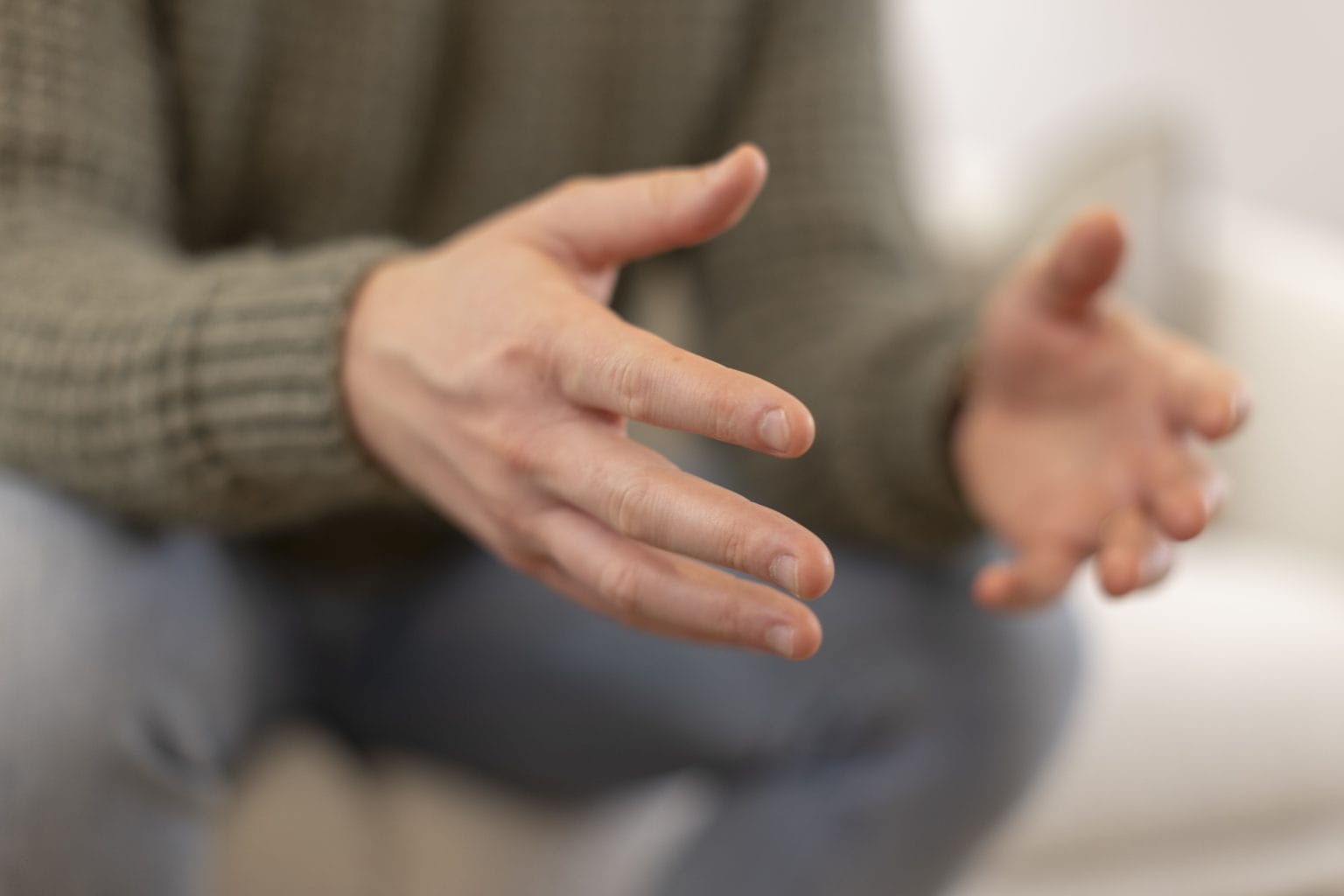
Contents
Introduction
In the realm of relationships, trust and communication are vital for a healthy partnership. However, when one partner engages in gaslighting, it can lead to emotional turmoil and confusion. At London Bridge Therapy, we believe it’s essential to recognise the signs of gaslighting, understand its impact, and learn how to navigate these challenging dynamics.
What is Gaslighting?
Gaslighting is a form of emotional manipulation where one person seeks to undermine the other’s perception of reality. The term originates from the 1944 film “Gaslight”, where a husband manipulates his wife into doubting her sanity by dimming the lights and insisting she is imagining it. This insidious tactic can occur in romantic relationships, familial dynamics, friendships, or even at work. The goal of the gaslighter is to gain control and dominance, ultimately leading the victim to question their own thoughts, feelings, and experiences.
How to Spot the Signs of Gaslighting
Recognising gaslighting can be challenging, especially when it occurs gradually. Here are some common signs to look out for:
- Constant Doubt: You frequently second-guess yourself. What you remember or feel seems to be contradicted by your partner, leaving you confused about your own reality.
- Manipulation of Facts: Your partner denies or twists past events, even when you have a clear memory of what happened. This may include trivialising your experiences or emotions.
- Emotional Withdrawal: You feel increasingly isolated from friends and family. A gaslighting partner may discourage you from seeking support or sharing your feelings, making you reliant on them for validation.
- Feeling Crazy: You often feel like you’re losing your mind or that your perceptions are invalid. This is a direct result of the constant psychological pressure from the gaslighter.
- Self-Doubt and Low Self-Esteem: As gaslighting continues, you may feel less confident in your everyday decisions and judgements, leading to feelings of worthlessness or inadequacy.
- Apologies and Excuses: Your partner may frequently apologise for their behaviour, but these apologies often come with excuses or justifications, leaving you feeling guilty for feeling hurt or confused.
What to Do If You See These Signs
If you suspect that you or someone you know is experiencing gaslighting, it’s crucial to take steps toward healing and reclaiming your sense of reality:
- Acknowledge Your Feelings: Trust your emotions and experiences. Recognizing that what you’re feeling is valid is the first step in breaking through the fog of manipulation.
- Document Your Experiences: Keep a journal detailing your interactions and feelings. This documentation can help you identify patterns in the behaviour and provide clarity about what is happening.
- Seek Support: Reach out to trusted friends or family members who can offer an outside perspective. Sharing your experiences can help validate your feelings and diminish feelings of isolation.
- Establish Boundaries: It’s essential to set clear boundaries with the gaslighter. Communicate your needs assertively and be prepared to enforce those boundaries.
- Consider Professional Help: Engaging with a therapist can provide the tools and support needed to navigate the complexities of gaslighting. At London Bridge Therapy, our skilled therapists can help you explore your emotions, rebuild your self-esteem, and develop healthier relationship dynamics.
- Evaluate Your Relationship: Ultimately, if patterns of gaslighting persist, consider whether this relationship is conducive to your well-being. Sometimes, prioritising your emotional safety may require difficult decisions.
Conclusion
Gaslighting is a damaging behaviour that undermines trust and self-worth in relationships. If you feel you are experiencing gaslighting, please reach out to us today to begin your journey towards understanding, healing, and empowerment.
At London Bridge Therapy, we are dedicated to helping individuals recognise and address these patterns. If you find yourself in a situation where gaslighting is affecting your mental health and happiness, know that support is available. Our therapists provide a safe and compassionate environment to explore your experiences, heal, and move towards healthier relational patterns.







